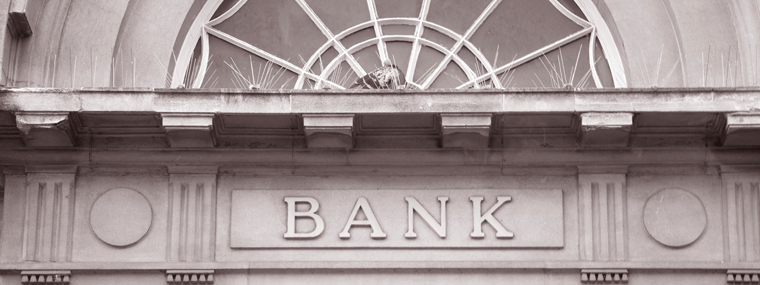
Whetting Your Appetite: A primer on Banking
By Janet Romano

Question:
What types of accounts does my association need?
Answer:
Most community associations need a checking account for operating expenses and a savings account or Money Market Account for reserve expenses as well as certificates of deposit (timed deposit accounts) to increase the yield on reserve accounts that do not need liquidity.
Question:
There are many different types of checking accounts, so which one is best for a community association?
Answer:
Since most community associations are not-for-profit corporations, they are eligible to use interest bearing checking accounts. These are called NOW Accounts; they are interest bearing, and the association can write as many checks as needed.
Question:
What accounts are appropriate for reserve funds?
Answer:
Many associations use money market accounts and certificates of deposit. Bank Money Market accounts are restricted to six withdrawals (checks or transfers) per month by federal law. Money Market checking pays higher rates than regular checking accounts. Certificates of deposit (CDs) are deposits with a specific term, for example one year, two year, or five year. No withdrawal is permitted during the term of the CD, and generally the longer the term, the higher the interest rate.
Question:
What FDIC insurance is available to cover my deposits?
Answer:
For corporations, such as associations, each bank can cover up to $250,000 per depositor. If your association has to keep more than $250,000 in the bank, ask if the bank offers CDARS or ICS through Promontory Financial. These types of accounts allow your bank to provide you FDIC coverage by placing your deposits that exceed $250,000 in another bank through the Promontory Network and can give you the additional FDIC insurance you need.
Question:
What other services does my bank provide for my association?
Answer:
Banks offer many services that your association may find useful. Many banks offer association lockbox services that enable the owners to pay their maintenance fees directly to the bank, sending management or the board a daily report, which will interface with the association’s accounting software to show who has paid and the amount paid.
Other bank services commonly used by associations include: remote deposit capture, which enables the client to make deposits from their office and eliminates the need to go to the bank to make deposits; accounts payable lockboxes, which enable board members to approve invoices on line and have payments sent out through their bank electronically or via bill pay check; automatic statement reconciliation; credit card and merchant services; positive pay, which is a service that enables the association to upload their check register and approve payments of checks presented for payment; and many more services are being developed every day.
Question:
Does my bank provide loans to associations?
Answer:
Banks that have a department that services community associations usually offer loans for associations. For condominiums, these loans are collateralized by an assignment of the assessment rights and no liens are placed on units, no personal guarantees are required, and there are usually no pre-payment penalties.
Janet Romano
Senior Vice President of Association Services for Stonegate Bank
Janet Romano is Senior Vice President of Association Services for Stonegate Bank. Stonegate Bank, the private bank for business, specializes in loans to all types of community associations—condominiums, co-ops, and HOAs. Loans are provided for repairs, mortgages, emergency lines of credit, capital improvements, insurance premium financing, and low closing costs. For more information, call (866) 227-0441 or visit www.stonegatebank.com.


